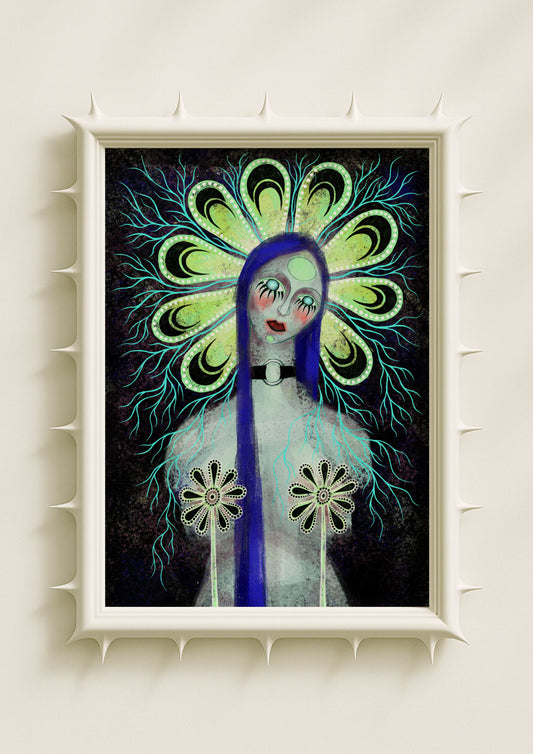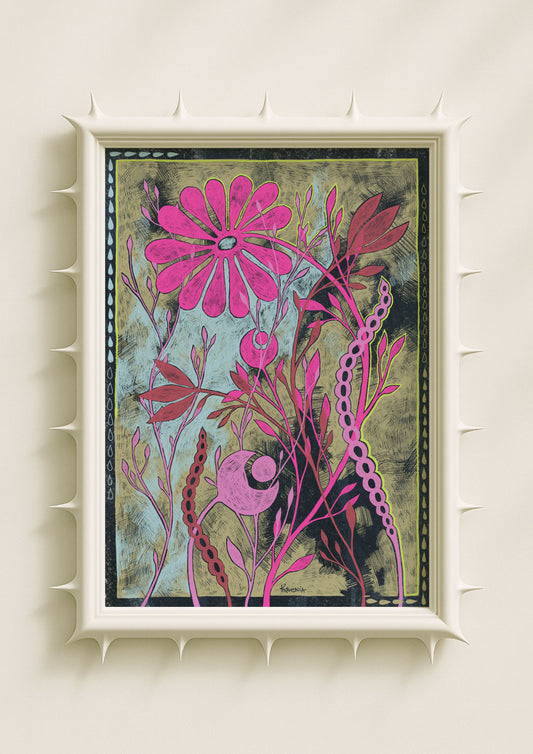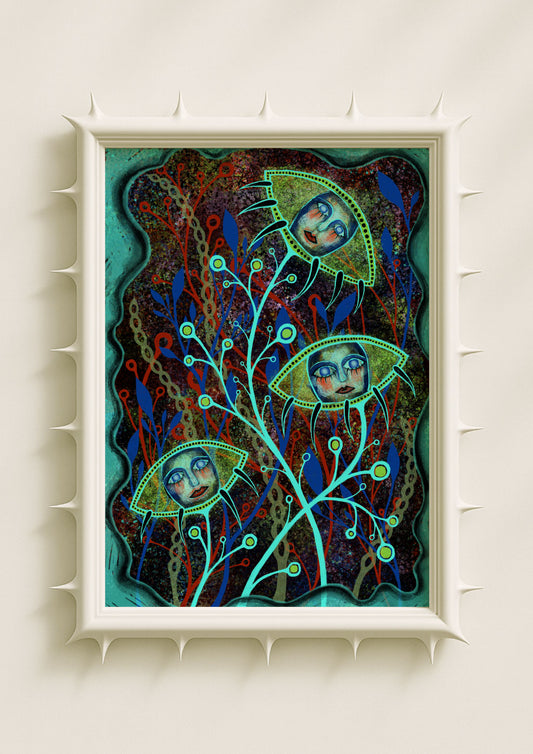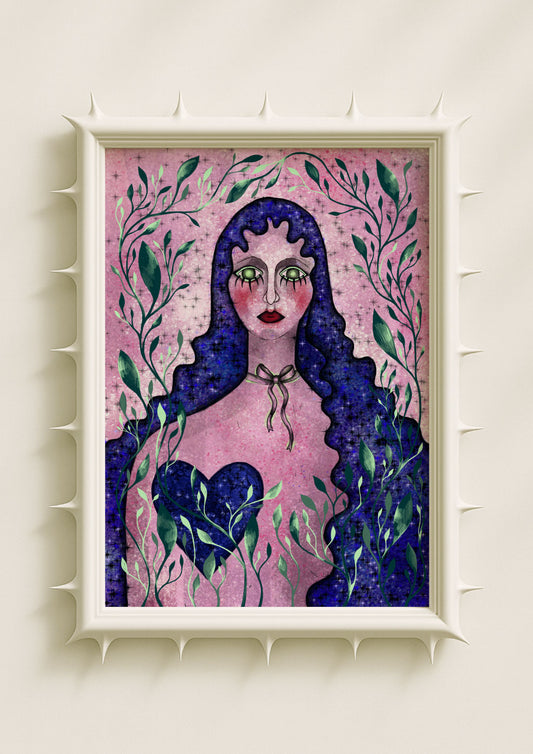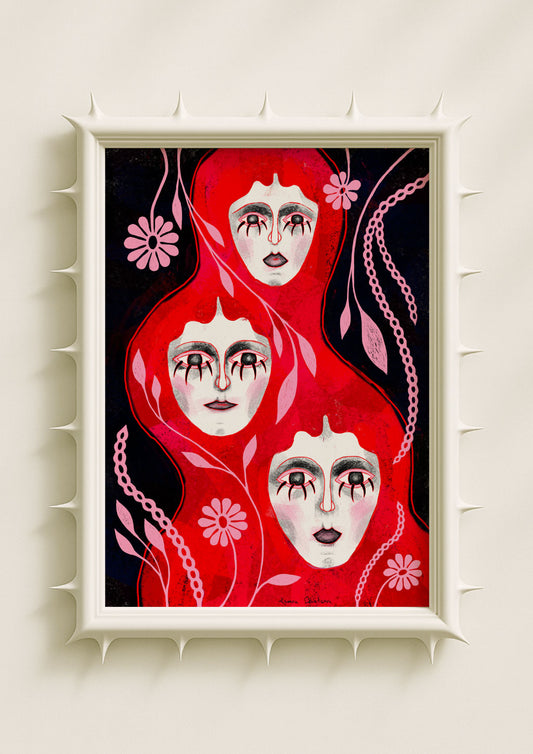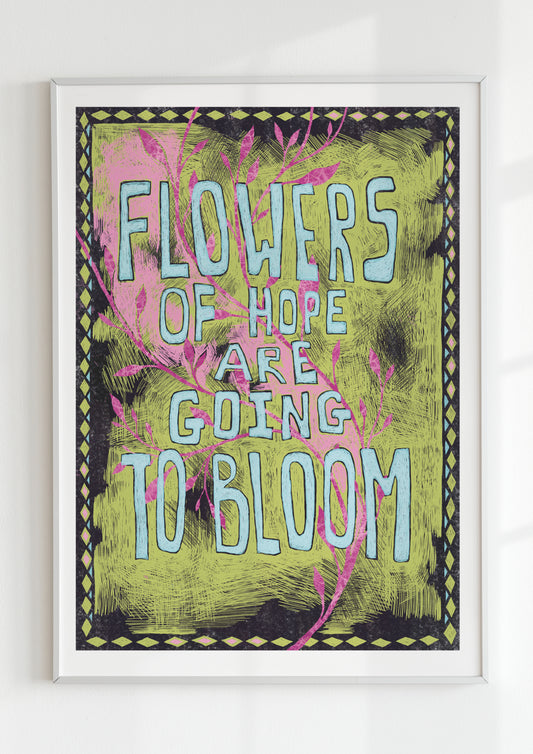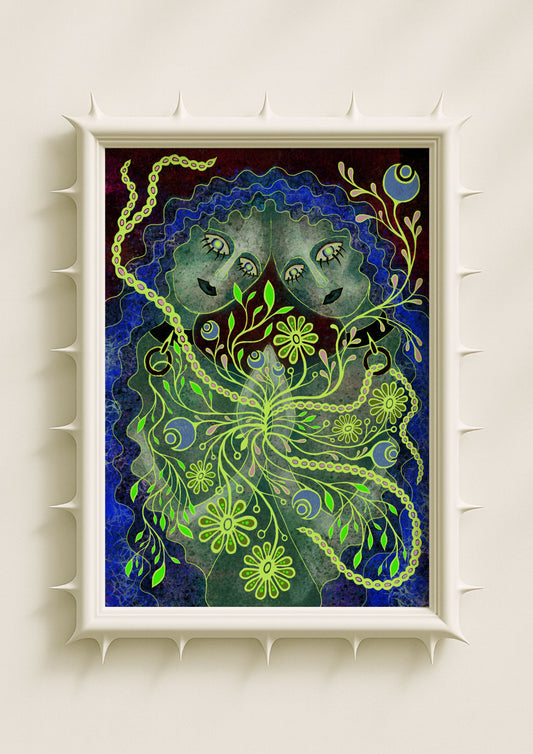Why Meaning Matters in the Visual Spaces We Build
Meaningful wall decor does more than fill a blank surface; it gives a room its emotional temperature. A space becomes personal when the artwork on its walls reflects the inner world of the person living in it. Meaning emerges not from decoration but from resonance — from the feeling that the image speaks to something internal. When wall decor carries symbolism, emotional subtlety, and atmospheric depth, it turns a home into a place that holds memory, identity, and psychological comfort.

The Emotional Layer: Art That Reflects the Inner Life
People are drawn to wall decor that mirrors their moods, desires, fears, or dreams. Emotional wall decor becomes meaningful because it recognises the complexity of the viewer. A portrait with soft eyes, a dreamlike landscape, a surreal botanical, or a textured abstract can express feelings that are difficult to articulate. These images function like emotional mirrors. They meet the viewer where they are and create a sense of companionship within the room. Emotional art makes a home feel as though it understands its inhabitant.
Symbolism as a Source of Depth
Symbolic imagery is one of the strongest ways wall decor gains meaning. Symbols allow the artwork to communicate wordlessly. A flower can express transformation. A mirrored face can suggest multiplicity. A glowing centre can represent intuition. A serpent can speak of protection or rebirth. A soft shadow can signal calm introspection. When a piece of wall decor carries symbolic weight, it becomes more than an aesthetic object — it becomes a visual language through which the home speaks and holds significance.

Atmosphere: The Quiet Power of Mood
Atmosphere is the element that most quickly changes the feel of a room. Meaningful wall decor creates atmosphere through colour, composition, softness, contrast, and visual rhythm. A painting with muted tones can introduce calm; saturated hues can charge a room with energy; dreamlike gradients can evoke emotional stillness; rough textures can add depth and grounding. Atmosphere is what makes an artwork expand beyond itself — influencing the light, the emotional tone, and the sensory experience of the home.
Why People Seek Meaning in Their Wall Decor
Most people don’t consciously say, “I want meaningful art.” But they recognise it instantly. They seek wall decor that feels authentic, rooted, expressive, or mysteriously familiar. In moments of transition, stress, or introspection, meaningful art becomes an anchor. It helps people feel more grounded in their environments. It reminds them of who they are and what they value. It offers emotional shelter and aesthetic identity at the same time.

How Meaning Emerges from Personal Connection
Meaning isn’t imposed by the artwork; it forms through interaction. A print might evoke childhood memories, a colour might recall a place, a symbol might resonate with a personal story. Two people can see the same image and experience entirely different meanings. This is why meaningful wall decor is so powerful — it invites interpretation. It leaves space for the viewer to enter. It grows with them over time.
The Role of Intuition in Choosing Wall Decor
People often choose artwork intuitively. They feel drawn to a certain colour, face, symbol, or texture without knowing why. Intuition is a form of recognition — a dialogue between the artwork and the viewer. When wall decor feels meaningful, it is often because it taps into this intuitive space. The connection might be quiet, subconscious, or emotional rather than rational. And that is precisely why the artwork remains significant long after it has been hung.

Meaningful Wall Decor Transforms the Home
A meaningful piece of wall decor changes the room around it. It creates an atmosphere that shapes daily life, supports emotional wellbeing, and expresses identity. It becomes a presence, not just an object. Its symbolism, mood, and emotional nuance make the home feel more alive and more intimate.
Meaningful wall decor is not about matching colours or filling space.
It is about choosing visual companions that hold emotion, reflect the self, and bring depth to the everyday environment.
